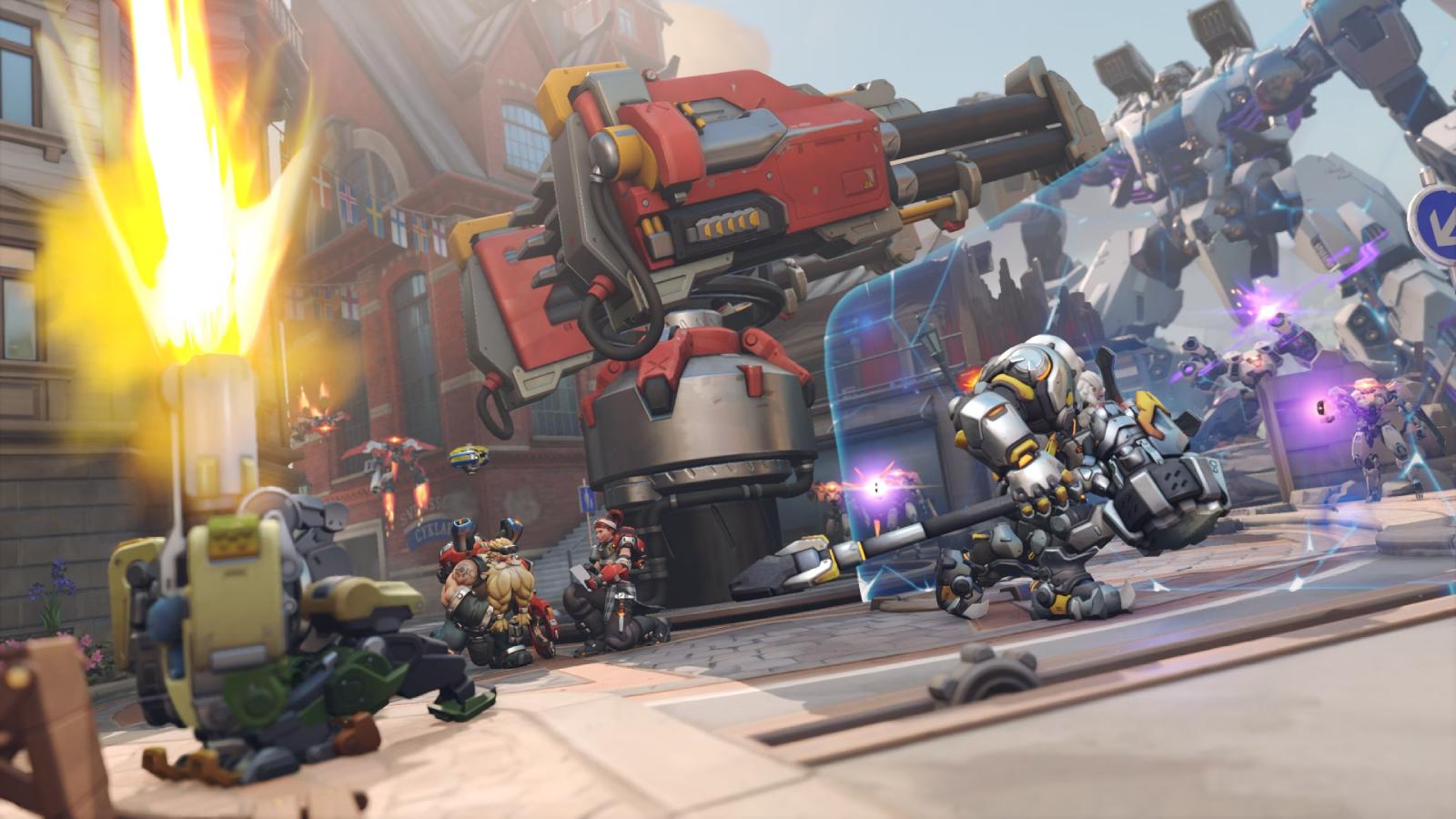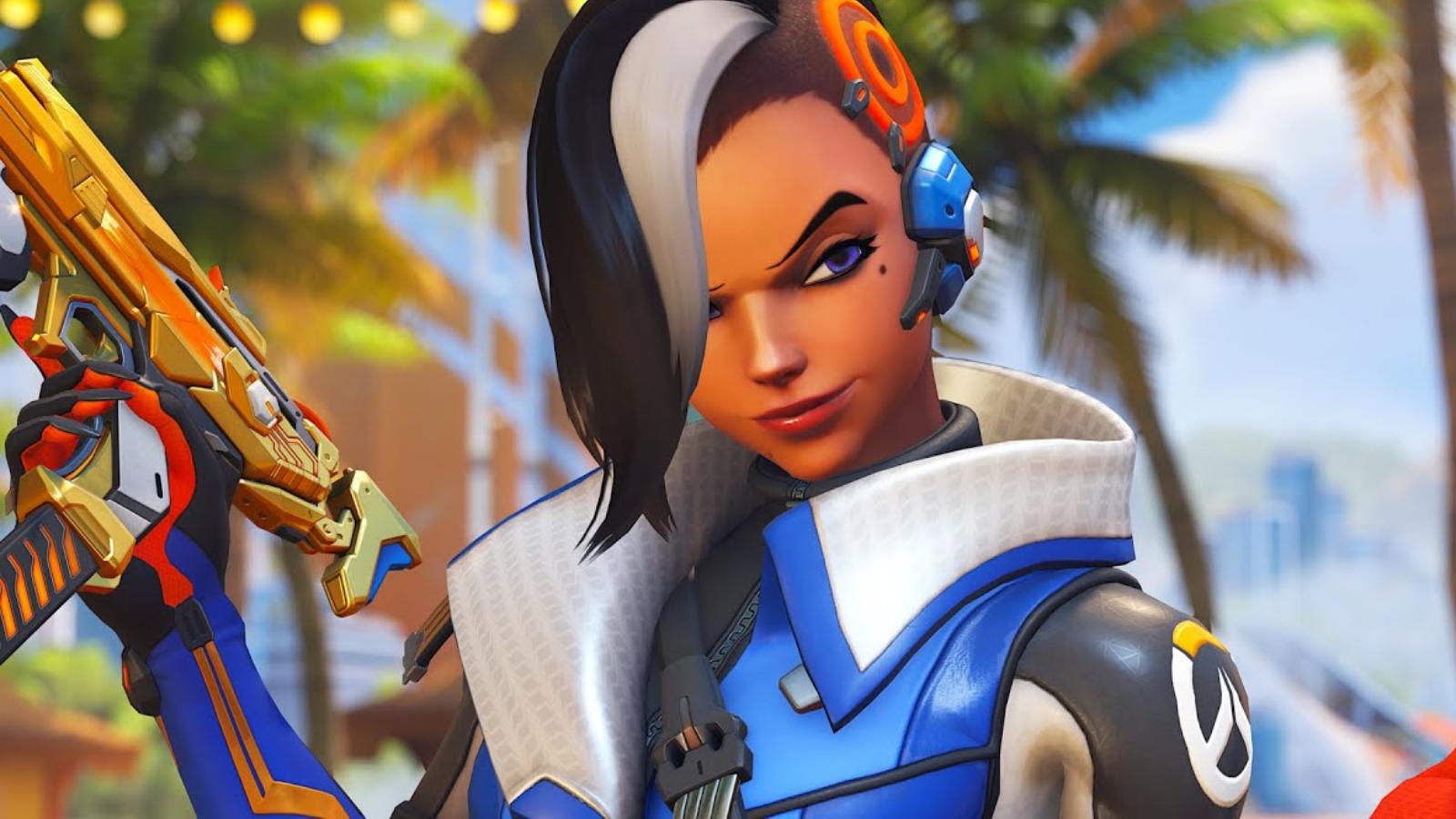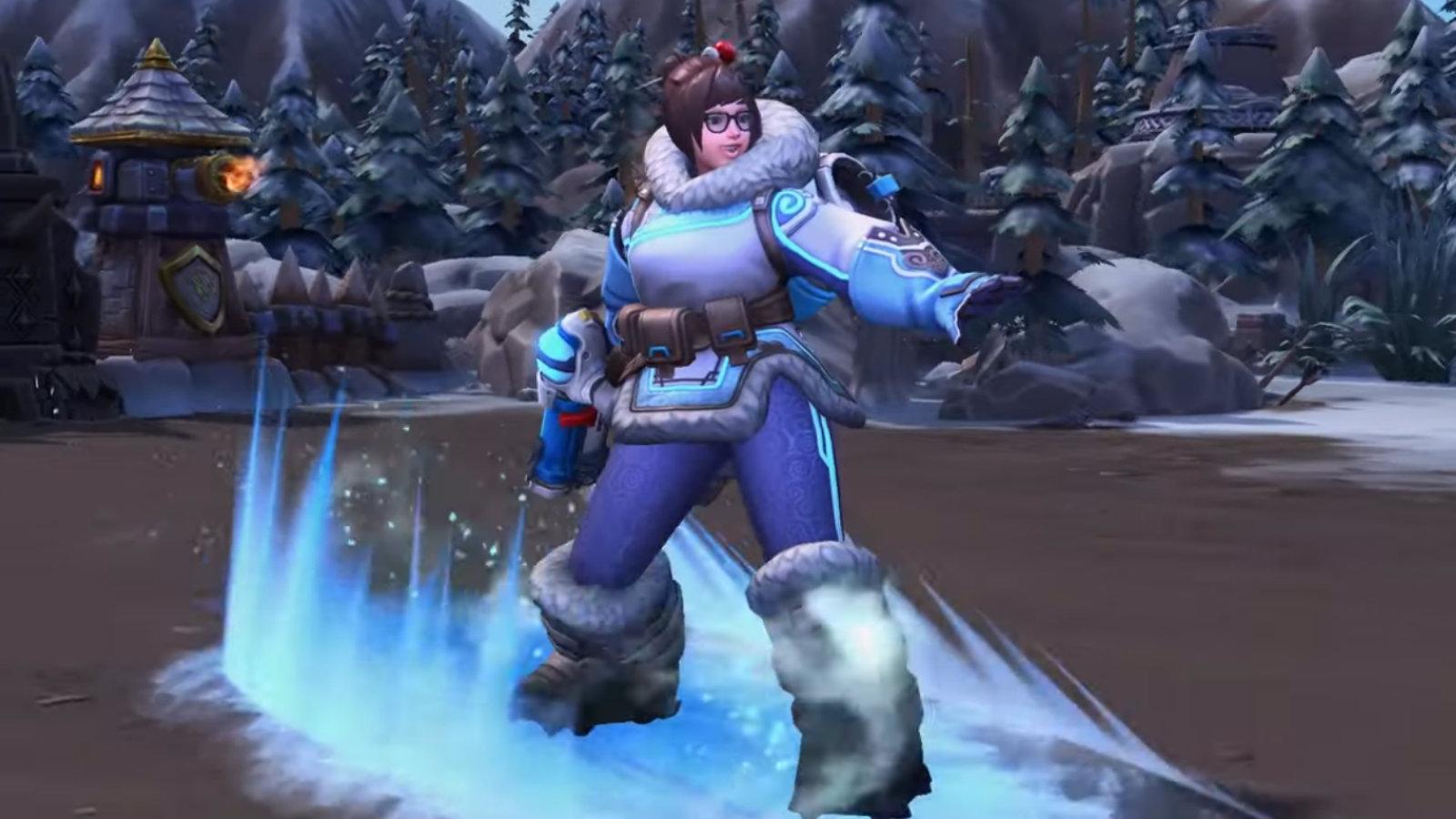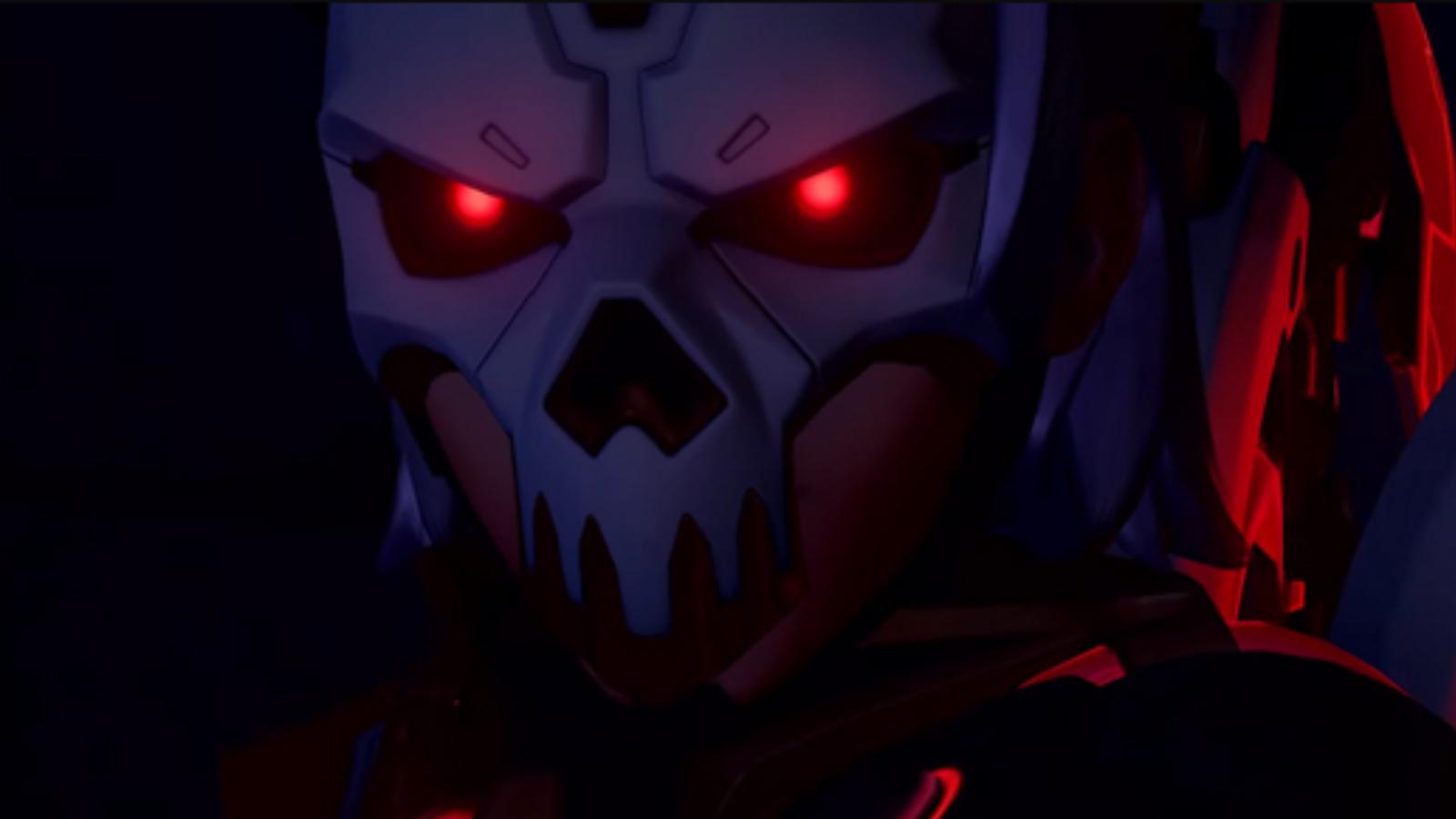Overwatch League bans OK sign due to perceived hate group connections
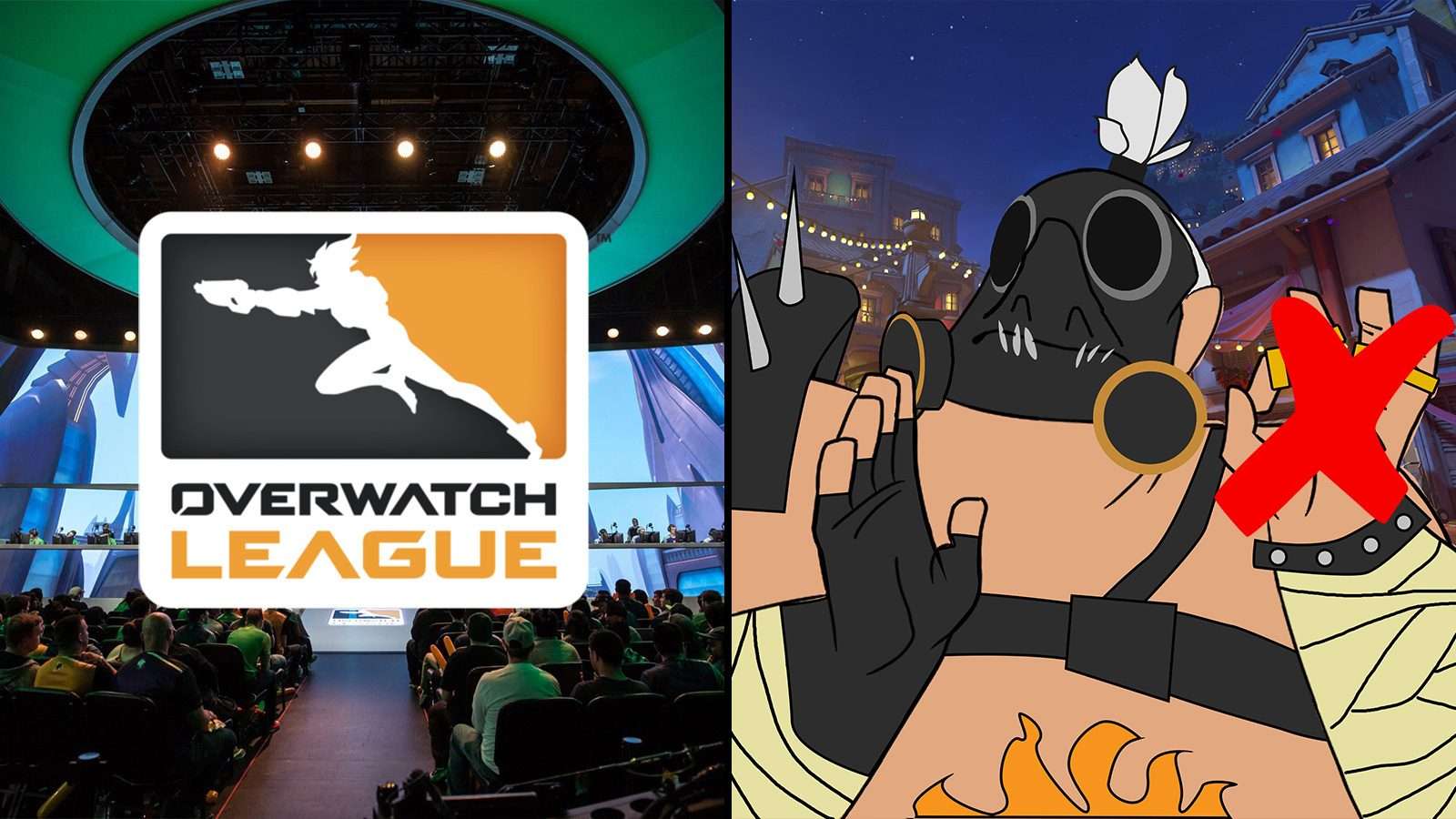 The Overwatch League
The Overwatch LeagueThe Overwatch League has banned the “OK” hand symbol from the Blizzard Arena after a viewer complained on Twitter about the symbol’s perceived connections with hate groups.
During the Inaugural Season, The League banned images of popular meme Pepe the frog because of its adoption by white supremacist and hate groups.
On April 4, during an interview with the LA Gladiator’s Gui-un “Decay” Jang following the team’s 3-1 win over the Shanghai Dragons, a fan behind Decay in the audience help up the “OK” sign.
Blizzard told a fan in the Overwatch League arena they are not allowed to use :ok_hand:for its ‘association as a white power symbol’ after they flashed it on stream and a complaint was made to the OWL account on twitter pic.twitter.com/RMgUEUsBWK
— Rod Breslau (@Slasher) April 5, 2019
After the interview, one viewer complained on Twitter to the League about them showing a “white power hand symbol” during the broadcast.
“Who was that human trash flashing the white power hand symbol during the interview with decay?” the tweet read. “Hope they’re banned from going to further matches.”
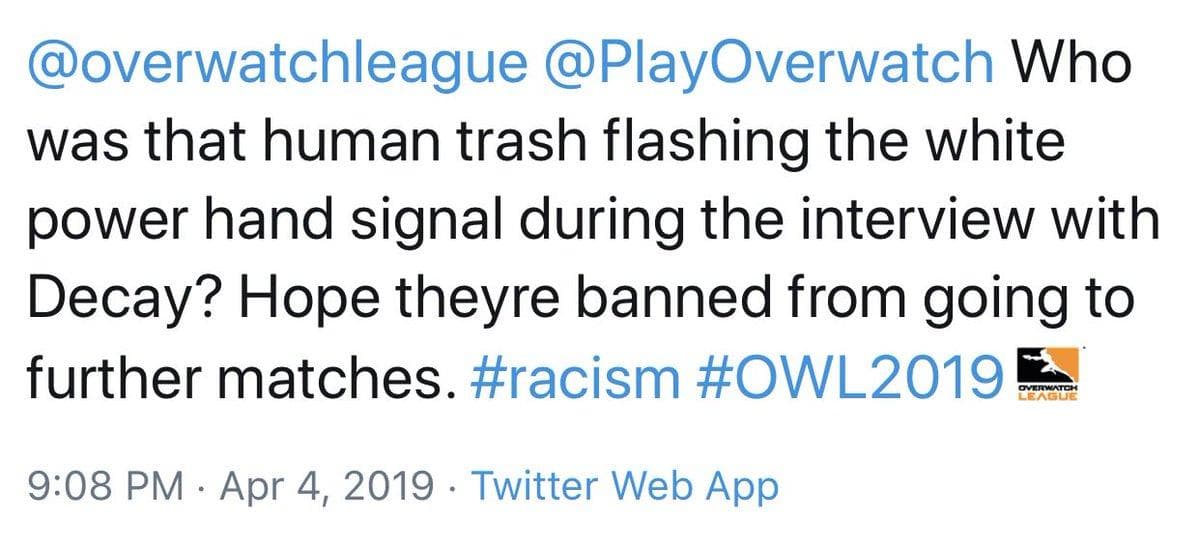
In response, it seems Blizzard told fans in the arena that they were no longer allowed to use the hand symbol, because of the connotation it carries.
The fan who used the sign apologized later on twitter, but the whole incident has sparked a debate about whether or not the “OK” sign should be considered a hate symbol or not.
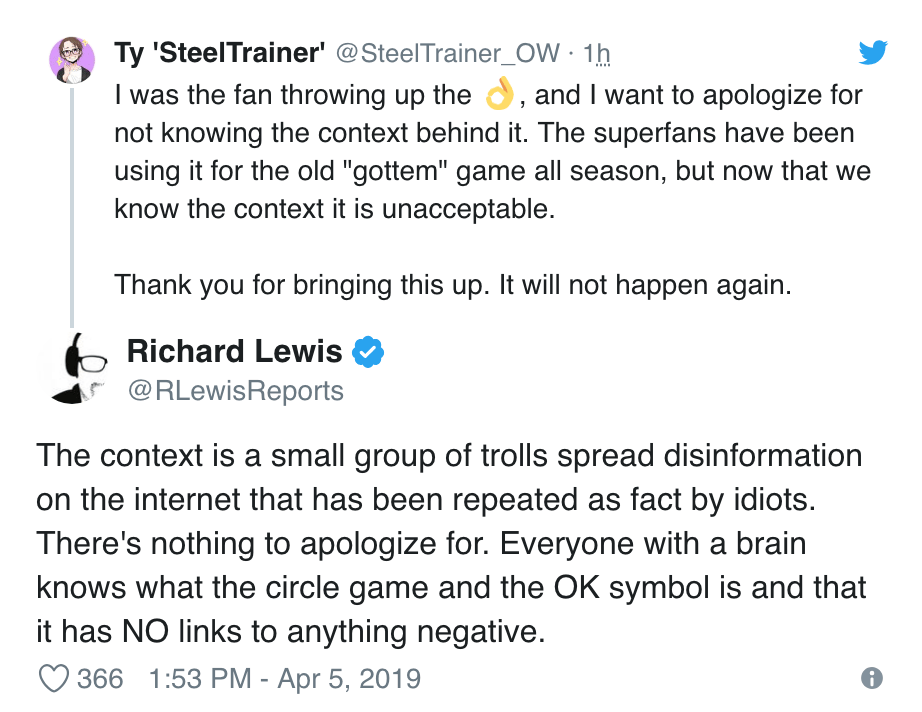 https://twitter.com/SteelTrainer_OW/status/1114238767051620352
https://twitter.com/SteelTrainer_OW/status/1114238767051620352
Some people are arguing that the “OK” symbol being a white supremacist/hate symbol is a meme created by 4chan specifically to troll and upset people, and that by banning it the League is only feeding the trolls.
Others pointed out that Zenyatta uses an upside down “OK” symbol in game and even has it as a spray.
Others, though, say that the symbol’s widespread use by actual white supremacists, like the Christchurch shooter who killed 50 worshippers at a mosque in New Zealand, means it is no longer a meme and an actual hate symbol.
The Overwatch League seems to have decided to just skip the debate and ban the symbol outright, just like with Pepe.
